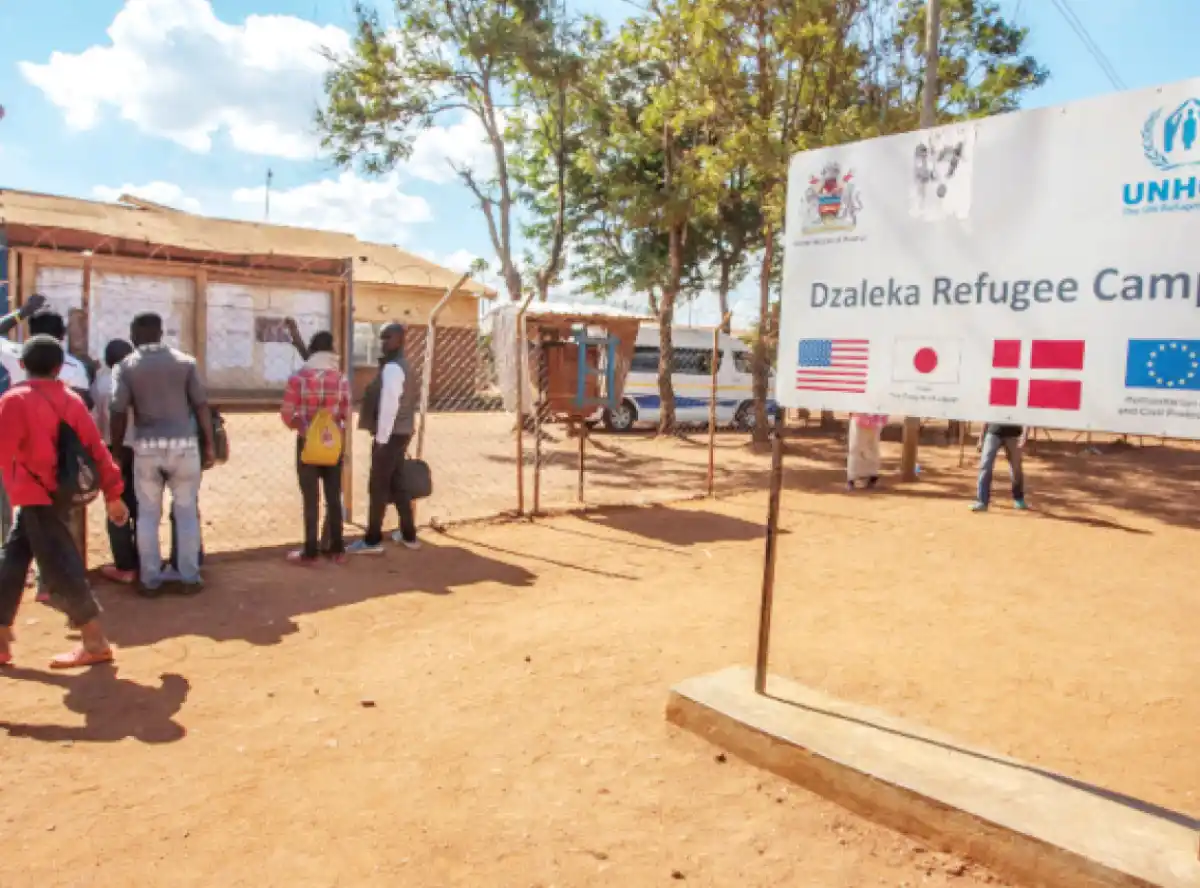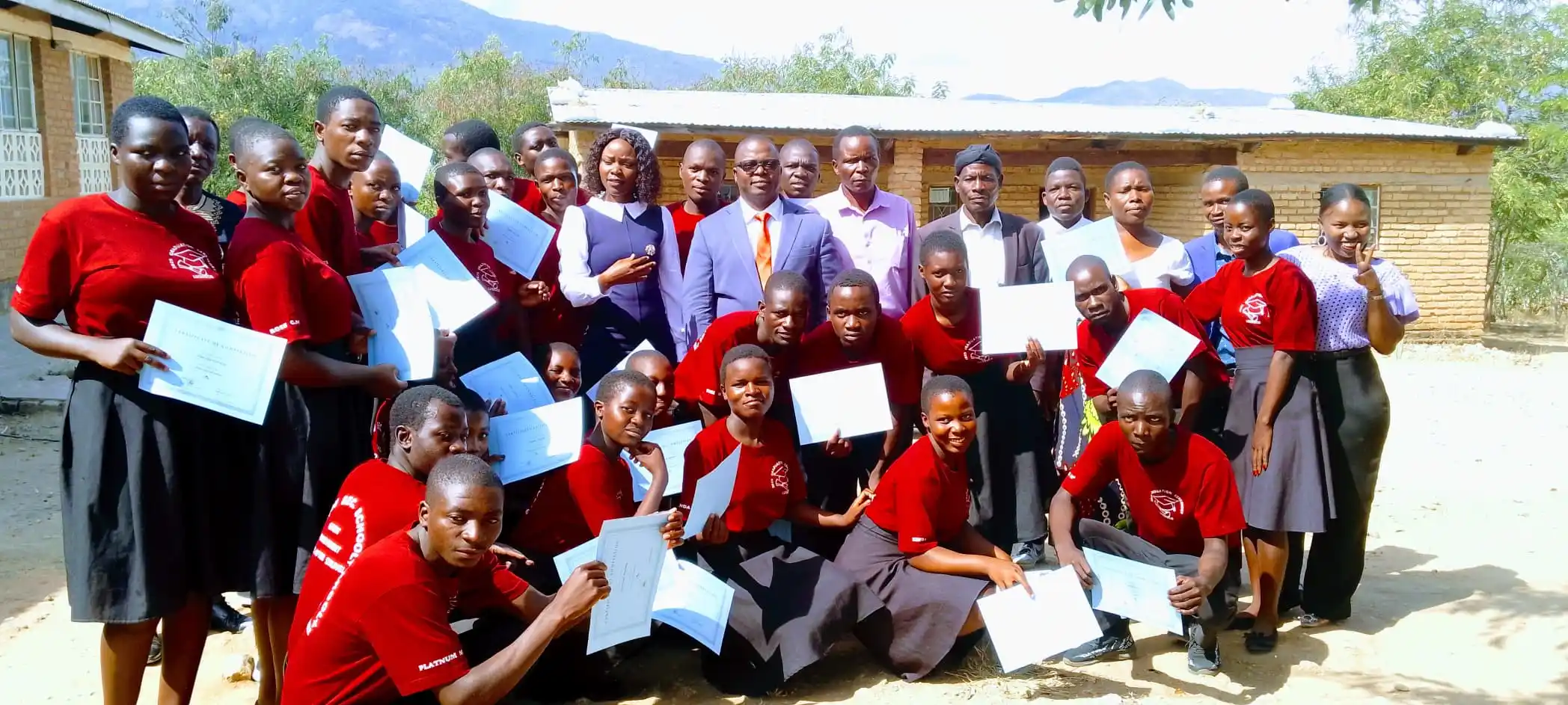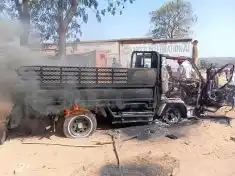
As Dzaleka Refugee Camp population swells, resulting in rising demand for energy, the nearby Kongwe Forest Reserve is being stripped bare.
The camp which hosts over 54,000 refugees, according to authorities, relies on charcoal and firewood as a source of energy.
A briquette-making machine was supplied to the camp sometime back but it is failing to meet the demand, resulting in wanton cutting down of trees, mostly in the nearby Kongwe Forest Reserve, as an alternative.
The Department for Refugees has acknowledged that the current heavy use of firewood in the camp is unsustainable and is contributing to the depletion of Kongwe Forest Reserve.
Senior Administration and Operations Manager in the Department of Refugees, Hilda Kausiwa, said the introduction of a briquette-making machine was meant to reduce reliance on firewood, but the demand is outstripping supply now.
She said efforts are ongoing to increase briquette production by enhancing the machine’s capacity.
“We are also exploring alternative fuel sources like solar, biogas and other renewable energy options and developing a reforestation programme for areas of the forest that have been degraded,” Kausiwa said.
She however said implementation of these energy solutions is challenging, mainly due to financial constraints, but the long-term benefits could outweigh the costs.
Senior Deputy Director of Forestry, Ted Kamoto, said the trend against Kongwe Forest Reserve is not surprising considering that 90 percent of Malawians use biomass for cooking.
He said the government is paying attention to the protection of forests like Kongwe, Dowa and Ngala Hills, among others.
We visited Dzaleka Refugee Camp on Thursday night and established that there are tens of restaurant businesses at the campsite. All of them use charcoal and firewood to prepare their food.
We counted more than 30 kiosks where chips and other such foodstuffs are prepared. We also found eight bakeries for bread. All these also use charcoal and firewood as a source of energy.
Inside, we found that charcoal and firewood business is conducted at night when authorities like police and forestry guards are not active.
Authorities say the population at the camp continues to grow beyond the capacity of the area.
Apart from the new arrivals, the increase in population is also attributed to the number of new-born babies in the camp. On average, there are 204 new arrivals and 152 new births per month.
New arrivals registered from January to June 2024, according to our source, include 1, 227 and 568 new-born babies from Burundi, Rwanda, Ethiopia, Somalia, Sudan, and the Congo Republic
Malawi is ranked one of the lowest countries in Africa on the Environmental Performance Index (EPI) by Yale University.
The EPI has 58 indicat ors across 11 issue categories in 180 countries, ranging from climate change mitigation and air pollution to waste management, sustainable fishing, agriculture, deforestation, and biodiversity protection.
African countries that rank high on the EPI are those that have prioritized environmental health and sustainability.








0 Comments